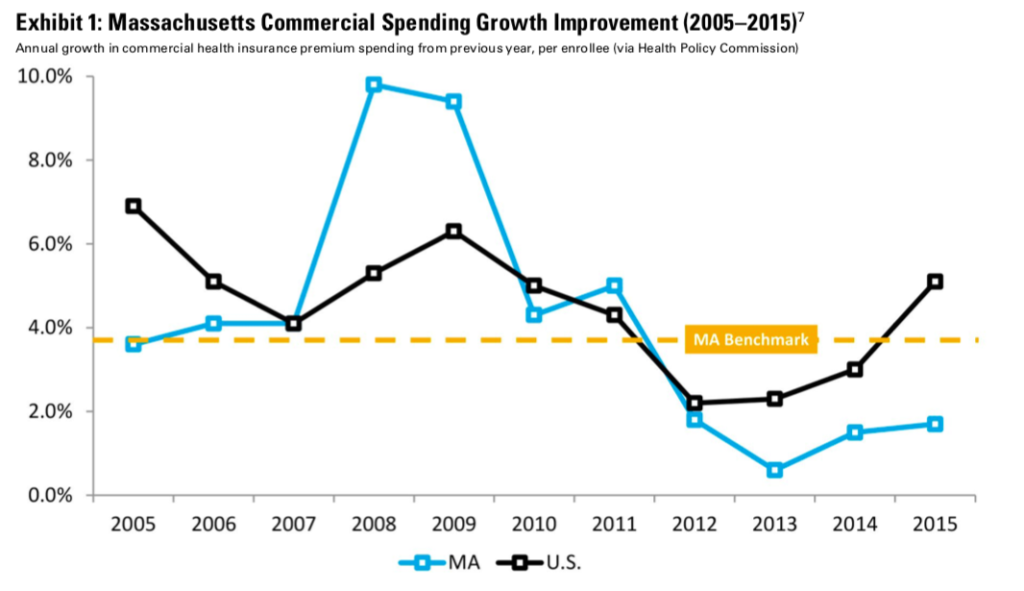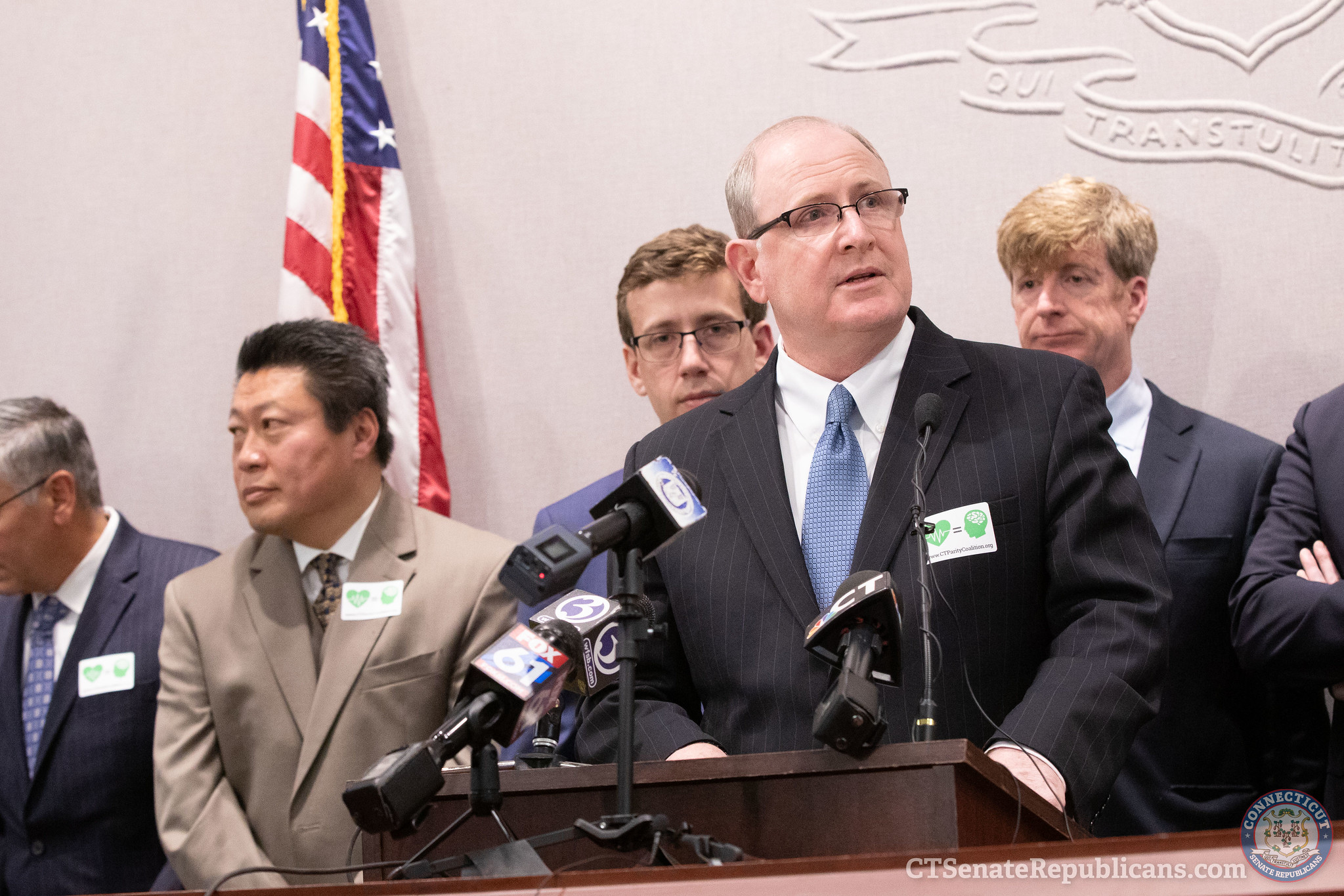Republican Senate Leader Kevin Kelly, R-Stratford, and Sen. Tony Hwang, R-Fairfield, pitched their plan to lower health insurance premiums and healthcare costs through a combination of a federal reinsurance program, accessing prescription drugs from Canada, benchmarking medical costs and auditing the state employee health care plan.
“Republicans and Democrats agree that health insurance if far too expensive and this current rate unsustainable,” said Hwang, ranking member on the Insurance and Real Estate Committee. “I think we simply differ in how we have solutions.”
According to Republicans, the reinsurance program – part of the Affordable Care Act – would result in a premium reduction of nearly 30 percent, with an average savings of $525 per month on premium costs.
“What we’re going to do is leverage money from Washington by using the 1332 waiver under the Affordable Care Act and in this manner we can reduce premiums up to 30 percent,” Kelly said.
The reinsurance program would require an $80 million investment by the state, which Republicans say can be funded “through existing resources within the state budget, not a new tax or assessment on insurance premiums.
The plan would also use medical cost benchmarking, similar to Massachusetts’ 2012 benchmarking program that has reportedly saved consumers $5 billion over three years. Benchmarking programs allow states to set cost benchmarks and then collect and analyze data and cost drivers to depress medical cost growth, according to a report by the Manatt Health.

Currently four states – Massachusetts, Rhode Island, Delaware and, more recently, Oregon – have established benchmarking programs.
According to the Manatt report, “Massachusetts saw its commercial healthcare cost growth decline significantly after implementation of the program, from being among the fastest growing in the nation to growing at rates below the national average.”
Connecticut importing prescription drugs from Canada, however, would require federal approval, Kelly said.
Republicans are pushing their plan under Senate Bill 1006 as an alternative to the Public Healthcare Option supported by a number of Democrats and Comptroller Kevin Lembo, which would allow small businesses, nonprofits, unions and individuals to buy into a state-run healthcare plan.
Critics of the public option are concerned the program would put the state of Connecticut in direct competition with the its flagship insurance industry, that the plan would be supported by a tax on private insurance premiums and use taxpayer dollars as a backstop.
“Our state is dead last in job growth, dead last in personal income growth and it’s because policies promulgated out of Hartford by the majority Democrats have given us this fact,” Kelly said. “It’s because of things like the public option that would go into direct competition with our insurance industry, costing jobs. Those types of decision have an adverse impact on the middle class.”
Connecticut Comptroller Kevin Lembo, who has pushed for the public option for several years, says that by expanding the pool of participants, he can leverage buying power and take profit out of the equation to keep premium costs from growing too quickly.
The state currently allows municipalities to join its Partnership Plan 2.0, which has roughly 58,000 members.
The public option bill has drawn stiff opposition from Connecticut’s insurance companies who say it will affect their business and create an “unlevel playing field, undercutting the market and forcing job losses,” according to Insurance Matters to CT, a coalition of insurers and business associations.
Sen. Hwang says the public option bill – Senate Bill 842 – may receive a committee vote as early as tomorrow and hopes the committee chairs will wait to consider their bill.
“I’m extremely concerned that Senate Bill 842 may be raised out of committee tomorrow morning at 9 a.m. without having the opportunity of our bill, a better, way to be able to be complimented and make the bill better,” Hwang said. “It’s a matter of transparency and process and I hope the chairs of the committee will not do so.”


Rocco Davino
March 11, 2021 @ 10:07 am
Do you feel the Ct REPUBLICAN bill will accomplish reducing PREMIUMS ?up To 30%
John C Miller Jr
March 11, 2021 @ 12:11 pm
“If you like your doctor, you can keep your doctor” ; “if you like your plan, you can keep your plan” ; “everyone will save $2,000 a year on their premiums.” does anyone remember thOSE STATEMENTS BY OBAMA? HOW DID THAT WORK OUT? WHAT THE REPUBLICANS ARE PROPOSING IS DEMONSTRABLY SUPERIOR to handing our state’s healthcare system to the bureaucrats in hartford. consider what our fearless leaders have done with the special transportation fund before you deceide to hand them the control of your health care.
Nina
March 12, 2021 @ 6:14 am
Can you showed Massachusetts’s stat adopted this type of INSURANCE from beginning using this plan to NO? so that we can sure that what you said is true? It is very confused while both parties did not agree on such thing